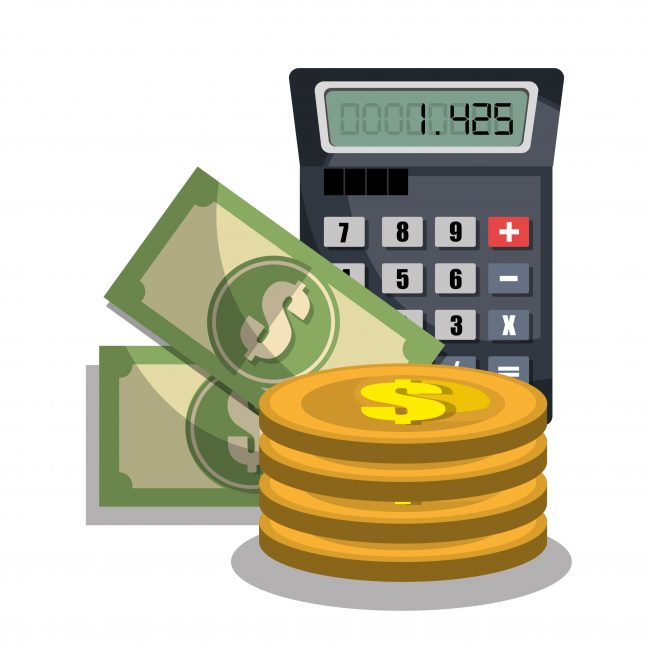Closing Cost
When you take out a new home loan, you will be required to pay closing costs. These are the fees that the lender charges you to borrow money and are payable at the end of the home purchase transaction. In most scenarios, the homebuyer will pay the closing costs. The closing costs will vary depending on the type of loan you get, the type of property you purchase, and where your property is located.
Typically, closing costs will be between two and five percent of the home purchase price. When you submit your initial mortgage application, your lender will provide you with the estimated cost of closing. This amount can change as the loan process continues, but you can always ask for the most updated estimate. Your lender will give you a Closing Disclosure statement that lists the final amount of the closing costs at least three days prior to closing. At this time, you might want to compare the final closing costs to your initial estimate to make sure there are no big discrepancies.
Get Started
What is Included in the Closing Cost?
This is a list of the common items you might see included in the closing costs. The list is not comprehensive, and costs will vary.
- Appraisal fee – this is paid to the third-party appraisal company.
- Application fee – this can sometimes be negotiated and will sometimes include the credit report fee.
- Credit report fee – this might be a separate charge if not included in the application fee.
- Home inspection – the buyer will need to have a home inspection done to identify any issues before the appraisal.
- Origination fee – this covers the lender’s administrative costs.
- An escrow deposit that includes six months of property tax (and private mortgage insurance, if applicable).
How to Avoid Closing Costs
There are few scenarios where the borrower will not have to pay closing costs:
- With some loans (like the FHA and VA loans), the closing costs are rolled into the loan so there is minimal cash required at closing.
- Lenders will also sometimes offer a loan with no closing costs, but a higher interest rate. In the long run, this scenario will end up costing more.
- In some cases, a motivated seller might agree to pay for the closing costs if they believe it will help speed up the closing process.
- Your realtor might offer to help split or pay a portion of the closing costs as an act of goodwill.